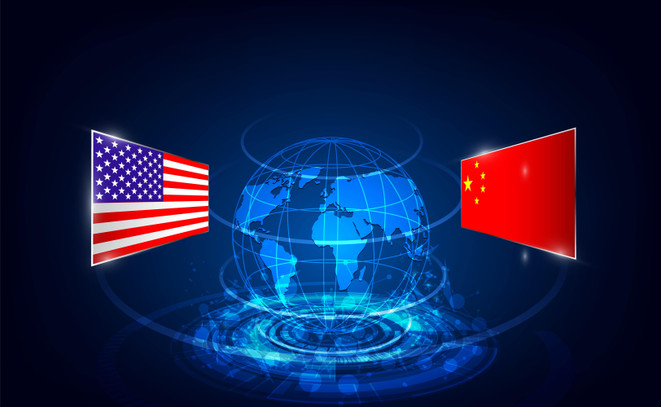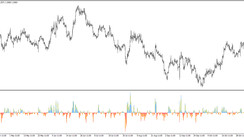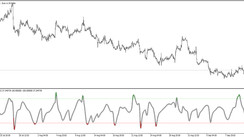For many decades, trade wars have proved to be the cause of significant global economic changes. Depending on the situation, they helped the rise of a nation over others, or they sank the financial growth of a country.
Some trade wars were more relevant than others in the history of the world economy, but even the smallest conflict through trading goods have affected it somehow.
Trade Wars
It is a conflict between two or more countries about imports and exports of goods and products. The tools these countries use are from raising the trade tariff of the products they import to creating other trade barriers to prevent the exchange and cut the trade flow between them.
People can see how some of the trade wars lead to an essential change in the world's history. One of the most iconic trade wars, the Boston Tea Party in the U.S., became the breaking point to what would become the Revolutionary war in 1775, separating the American colonist from the British Parliament.
The reason for this trade war was the rise of the taxes in all imported goods from Great Britain to North America, including the tea. As a response, the American colonist threw overboard significant amounts of tea, equivalent to $1 million today.
Significant International Trade Wars through History
Opium Wars. The Opium wars between China (through the Qing Dynasty) and Great Britain were two different events that occurred between the years 1839 and 1860. France also participated allying to the British during the second Opium war. Through the first of these wars, the demand for opium in China was increasing dangerously. Therefore, its exportation was banned, which gave way to illegal trading and smuggling of the product. In the second war, the actions to prevent the entrance of the drug to China were more violent. It finally ended through a treaty that forced China to repay damages to both countries, and the legalization of opium.
The Chicken Tariff War. At the end of 1960, there was an increase in chicken production in North America. As a result, Americans started to sell their chicken cheaper than in other countries. This event affected especially France and Germany, which increased American chicken tariff to reduce the import of the product. The U.S., in return, increased the tax of German cars such as Volkswagen and French brandy, among other products. Other countries, like Japan, benefited from this trade war.
The Banana Wars. These wars started in 1993 when Europe raised taxes from fruits coming from Latin America. Most of the companies that were involved in the Bananas industry were American, making them complain to the European countries. The U.A. then raised tariff for European products. These wars continued until 2009 when Europe accepted to reduce the taxes. Finally, in 2012, the Banana Wars were over.
Conclusion
Recently, during President Donald Trump administration, a new trade war started between the U.S. and China. They began in 2018 and are still a work in process between the two countries.
Trade wars have significant consequences globally, even if only a few countries are directly involved. Their durations can have major effects on different scales, and solving them may take some time. For better or for worse, they change the economy.





